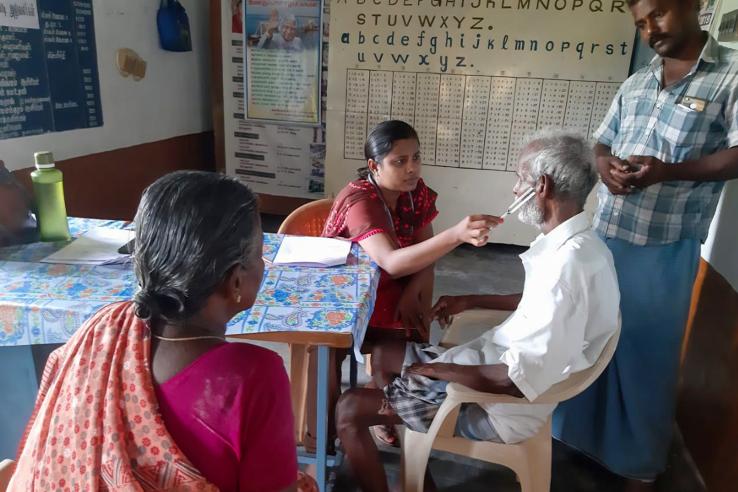Institutionnaliser l’utilisation des données probantes
When organizations are involved in the process of generating evidence, they are more likely to apply the results. To do so, one increasingly common model is creating dedicated units and processes within organizations to identify and test promising interventions. Contributing to this broader movement of innovation and evidence use, J-PAL-affiliated researchers and staff have built long-term partnerships with governments and large NGOs and collaborated on a range of innovative models to institutionalize the use of evidence in policy decisions and close the gap between piloting, testing, and scaling effective policies. J-PAL also supports these kinds of collaborations through the Government Partnership Initiative, which aims to make it easier for researchers and governments to work together to increase the use of evidence in policymaking.
For example, in Peru, J-PAL and IPA collaborated with the Ministry of Education to establish MineduLAB, a laboratory for innovation that identifies, evaluates, and scales up cost-effective solutions to educational challenges in Peru. MineduLAB has launched several randomized evaluations and begun to scale three programs shown to be effective. MineduLAB is now fully government-run and its success has inspired the design of other such collaborations in Latin America.
In December 2018, J-PAL published Creating a Culture of Evidence Use: Lessons from J-PAL's Government Partnerships in Latin America, a report that draws together key insights from both the MineduLAB experience and other evidence partnerships with governments in the region.


